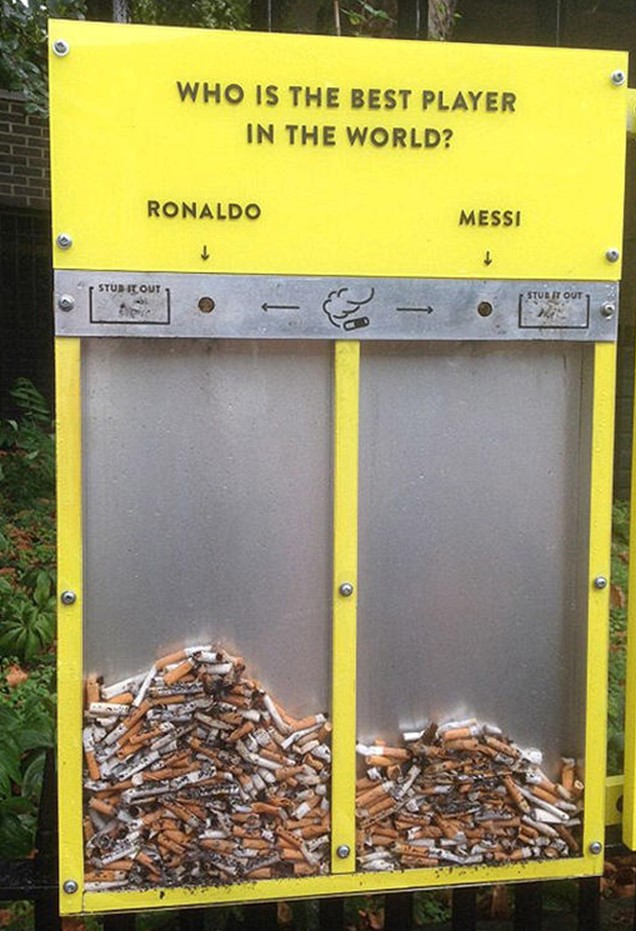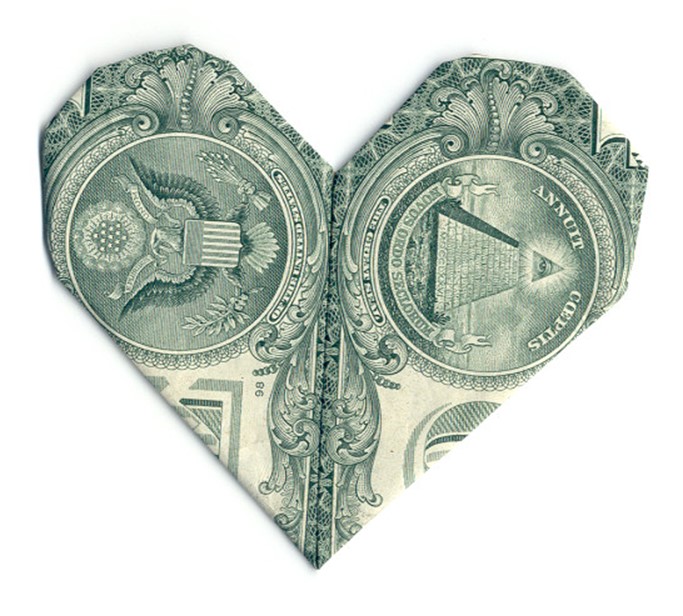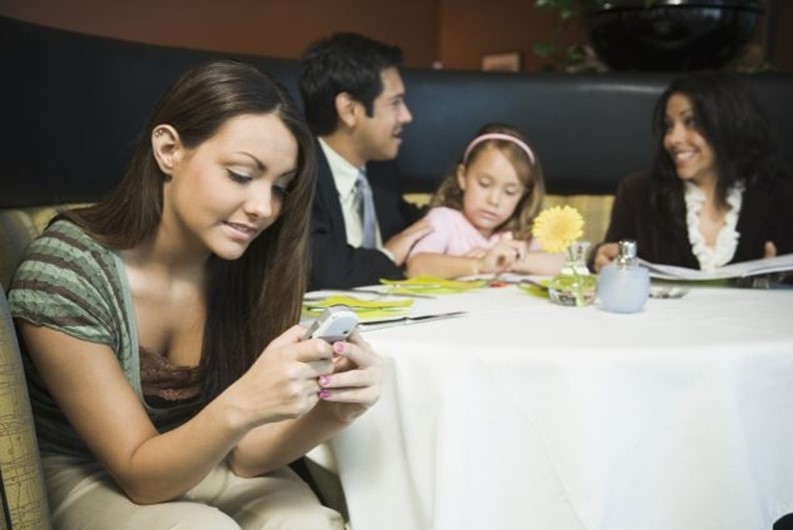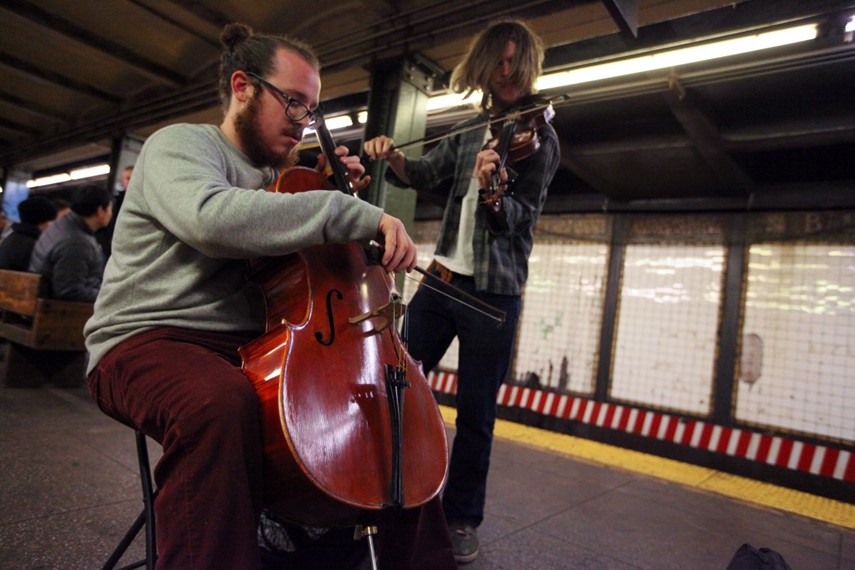Playboy’s Legacy
October 16, 2015 in Daily Bulletin

Playboy is going to become a PG-13 magazine, months after making the decision to reorient its website away from nudity. Alyssa Rosenberg noted that this was a good opportunity to examine the magazine’s legacy:
- Saying that people only read the magazine for the articles has become the butt of many jokes. But the magazine has been responsible for many pieces of award winning journalism.
- Playboy provided men a new way to express masculinity. A man didn’t have to go hunting or score the winning touchdown. A man could be indoors, mix cocktails, put on mood music, and invite a woman over for philosophical conversations…and sex.
- Nor did men have to be threatened by gender equality. They didn’t need women to be housewives at home to feel like men. Instead men could support and enjoy the benefits of the sexual liberalization of women.
- The magazine also helped encouraged interracial relationships.
- On issues such as legalizing abortion and expanding access to contraception the magazine’s advocacy provided men with language they could use to side with what were traditionally seen as female causes without feeling insecure.
The magazine was, of course, ultimately one that made money by selling naked images of women. Holly Madison, one of Hugh Hefner’s girlfriend’s, painted a disturbing picture of the founder of the magazine. And Bill Cosby is alleged to have perpetrated sexual assault at one of Playboy’s “mansions”. Read more about these and other criticisms of the magazine, as well as other impacts that the magazine has had on our culture over here.
Source: The Washington Post









Join the Discussion! (No Signup Required)